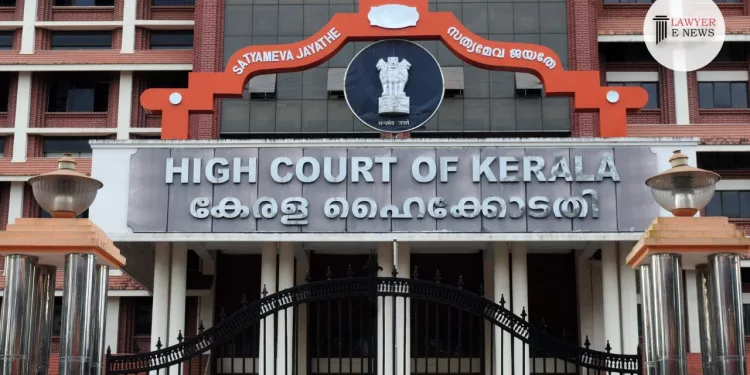Kerala High Court Rules Against Retrospective Regularisation, Asserts ‘Settled Seniority Must Not Be Disturbed

High Court maintains Guruvayoor Devaswom’s decision on teacher’s regularisation date, dismisses plea for backdated benefits
The Kerala High Court has dismissed a writ petition filed by Sathi Devi K., a teacher at Guruvayoor Devaswom English Medium School, seeking retrospective regularisation of her appointment from 2007 and inclusion in the statutory pension scheme. The judgment, delivered by Justice T.R. Ravi, emphasized that the petitioner’s acceptance of her confirmation date and subsequent delay in challenging the order rendered her claims untenable.
Justice T.R. Ravi observed that the petitioner had accepted the order confirming her appointment from April 17, 2013, and had not challenged it within a reasonable period. The court stated, “The petitioner cannot seek modification of the confirmation date under the guise of a declaration after accepting the order for six years.”
The court applied the doctrine of sit-back, which precludes individuals from challenging settled matters after a significant delay, noting that revisiting the petitioner’s seniority would disrupt the established seniority list and unsettle the positions of other teachers who had been regularised earlier.
Addressing the petitioner’s argument for parity with her colleagues regularised from 2012, the court highlighted the unique circumstances of each case. It noted, “The petitioner and other teachers confirmed in 2013 had crossed the age limit for regularisation at the time of their initial appointments, which justified their later confirmation on humanitarian grounds.”
The judgment meticulously examined the petitioner’s claims under the principles of administrative fairness and the legal standards for retrospective regularisation. The court found that the petitioner’s reliance on the Supreme Court’s decision in Prem Ram v. Managing Director, Uttarakhand Pey Jal and Nirman Nigam was misplaced due to differing factual matrices.
Justice Ravi pointed out that the petitioner had not contested crucial decisions, such as the rejection of her request for earlier regularisation and inclusion in the statutory pension scheme, which further weakened her case.
“The petitioner’s acceptance of the order of confirmation and subsequent benefits under the contributory pension scheme nullifies her current claims for statutory pension benefits,” the court remarked, underscoring the legal principle that acquiescence can imply waiver of the right to challenge.
“The petitioner’s claim is highly belated and cannot be entertained by this Court while exercising extraordinary jurisdiction under Article 226 of the Constitution of India.”
“The doctrine of sit-back will also apply in this case since the challenge, if allowed, would unsettle the settled position of seniority.”
The Kerala High Court’s decision underscores the importance of timely legal challenges and the principle of maintaining administrative stability. By upholding the Guruvayoor Devaswom’s decisions, the judgment reinforces the notion that retrospective claims must be promptly and appropriately contested. This ruling is expected to impact future cases involving disputes over regularisation and seniority, particularly in educational institutions.
Date of Decision: May 14, 2024
Sathi Devi K. vs. Guruvayoor Devaswom Managing Committee & Others






